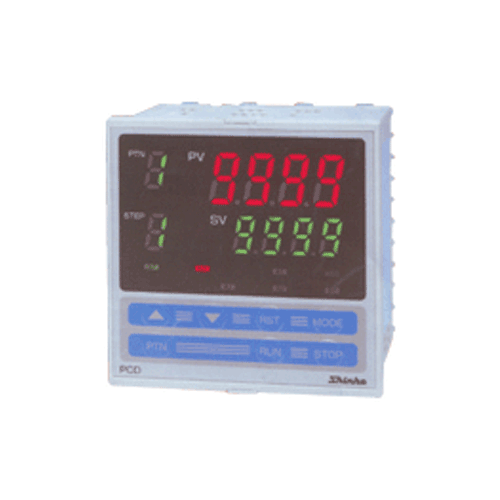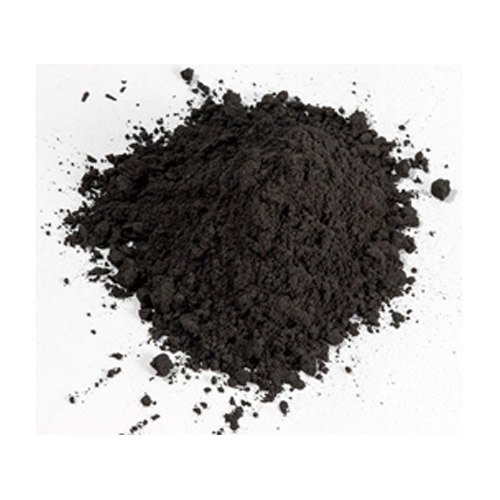Schedule a Call Back
India’s specialty chemicals sector gears up for global transition
 Articles
Articles- Sep 27,25

Related Stories

IESA to Launch Vision 2047 Battery Roadmap at IBMSCS 2026
IESA will unveil its Vision 2047 white paper at IBMSCS 2026 in Hyderabad, outlining a strategic roadmap to build a competitive, self-reliant domestic battery ecosystem for India.
Read more
Positioning PVNA Group as a global clean mobility partner: Viveka Bhandari
The aim is to position the PVNA Group as a trusted global partner for advanced mechatronic and clean mobility solutions
Read more
Indian Machine Tools Industry Gains Amid Shifting Global Dynamics
India’s machine tools industry is attracting strong global investment, driven by rising domestic demand, precision manufacturing growth and supply-chain realignments, even as global markets slow. ..
Read moreRelated Products

Programmable Controllers - Pcd-33a Series
Pro-Med Instruments (P) Ltd offers a wide range of programmable controllers - PCD-33A Series.

Gasket Graphite Powder
Arihant Packing & Gasket Company offers a wide range of gasket graphite powder.
Asahi Kasei expands 3D printing filament sales in North America
Asahi Kasei, a leading resin and compounding technology provider, has initiated the sales of 3D printing (3DP) filaments in North America through Asahi Kasei Plastics North America (APNA). The soft la Read more















